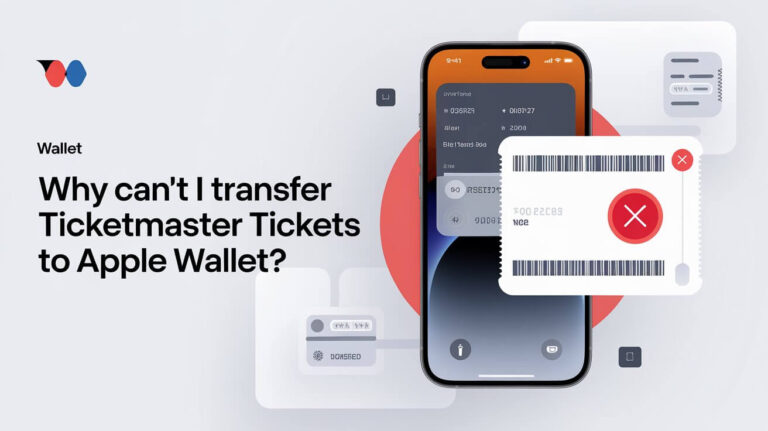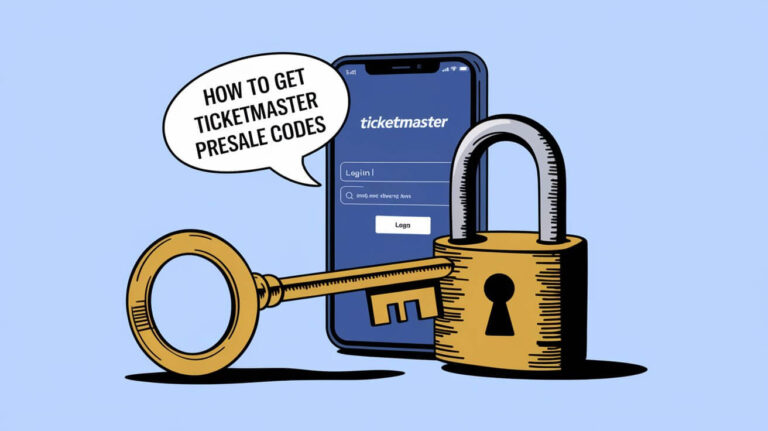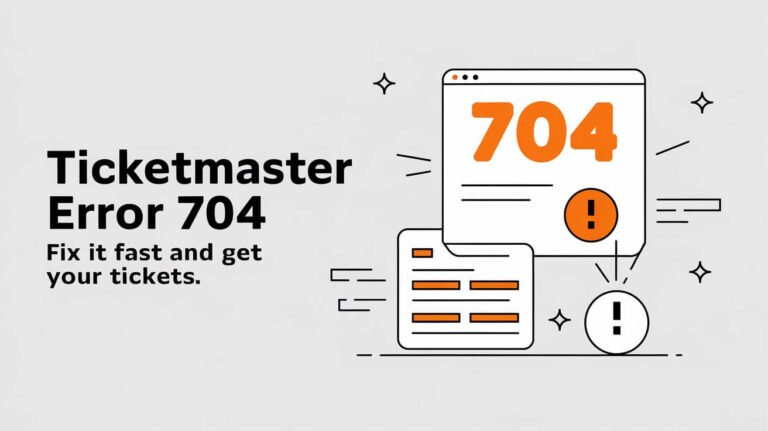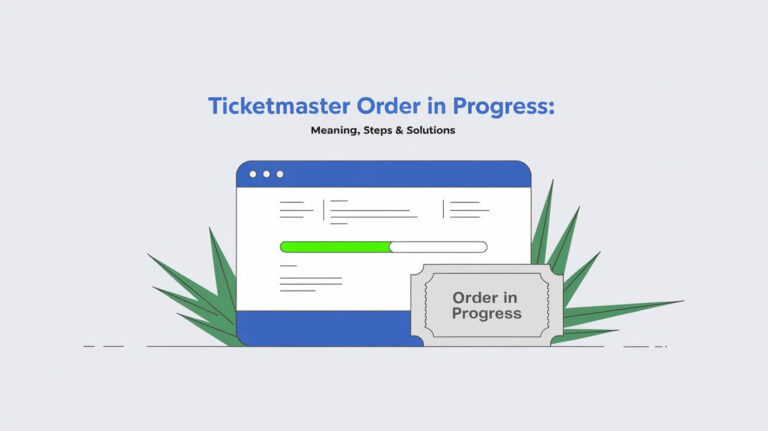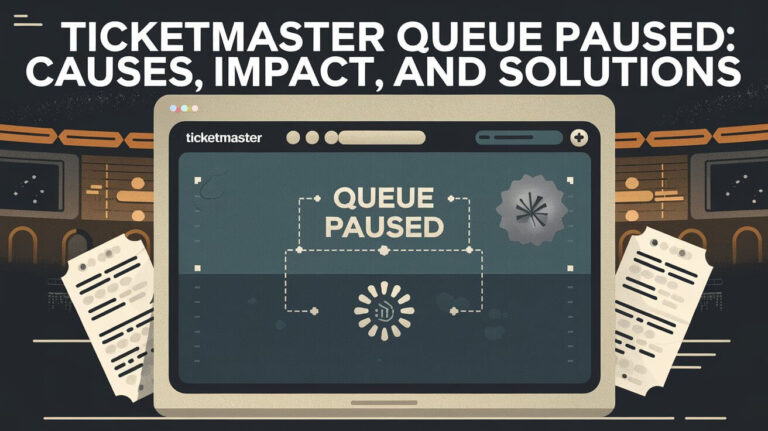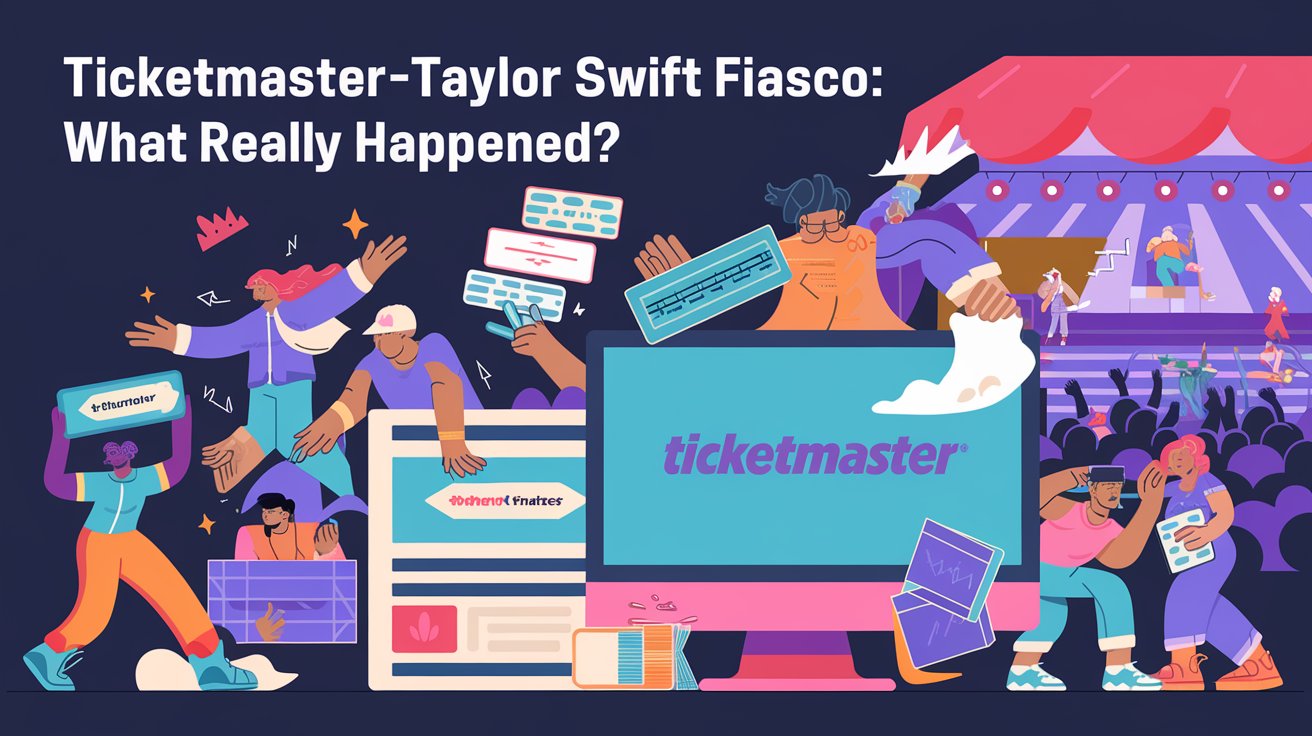
The 2022 Ticketmaster-Taylor Swift ticket fiasco angered millions of fans and stirred up major drama. It revealed big problems in how concert tickets are sold and led to legal troubles and political fallout. This mess changed how people think about buying tickets to see their favorite artists perform live.
The Lead-Up to the Eras Tour
Taylor Swift’s Comeback Tour Announcement
In November 2022, Taylor Swift announced her highly anticipated Eras Tour. This marked her first tour in five years, following the release of four new albums and two re-recorded albums. Fans were ecstatic, and demand for tickets was expected to be high.
Ticketmaster’s Verified Fan System
To manage the anticipated high demand, Ticketmaster implemented its Verified Fan system. This program aims to prevent bots and scalpers from snatching up tickets by requiring fans to register in advance for a chance to receive a presale code.
Over 3.5 million people registered for the Verified Fan program, the largest registration in Ticketmaster’s history. Around 1.5 million fans received codes to participate in the presale, while the remaining 2 million were placed on a waiting list.
The Ticket Sale Meltdown
Unprecedented Demand and System Crashes
On November 15, 2022, the day of the presale, Ticketmaster’s system buckled under the weight of enormous demand. The company reported that 3.5 billion system requests hit their website, four times their previous peak.
Fans experienced numerous issues:
- Long wait times in virtual queues
- Website crashes
- Being kicked out of the system
- Tickets disappearing from carts before checkout
Bot Attacks and Technical Glitches
Ticketmaster claimed that a “staggering number of bot attacks” contributed to the system overload. However, many fans and critics questioned whether the company was adequately prepared for the level of demand.
The technical issues weren’t limited to bots. Many verified fans reported problems with their presale codes not working or being told they were invalid.
Cancellation of General Public Sales
In an unprecedented move, Ticketmaster canceled the general public sale scheduled for November 18, citing “extraordinarily high demands on ticketing systems and insufficient remaining ticket inventory.”
This decision left millions of fans who hadn’t received presale codes without any opportunity to purchase tickets at face value.
The Aftermath
Fan Outrage and Social Media Backlash
The ticket sale fiasco sparked widespread outrage among Swift’s fanbase, nicknamed “Swifties.” Social media platforms were flooded with complaints and calls for action against Ticketmaster.
Fans shared stories of waiting in online queues for hours, only to walk away empty-handed or faced with exorbitant prices on resale sites.
Taylor Swift’s Response
On November 18, Taylor Swift addressed the situation on Instagram. She expressed her frustration, stating it was “excruciating” to watch fans struggle to get tickets. Swift mentioned that her team had been assured multiple times that Ticketmaster could handle the expected demand.
She acknowledged the lucky fans who got tickets but sympathized with those who didn’t, likening their experience to “going through several bear attacks.”
Ticketmaster’s Explanation and Apology
Ticketmaster issued a public apology to Swift and her fans. They explained that the demand for Swift’s tour tickets broke records and parts of their website. According to their statement, the site received 3.5 billion system requests, which was four times their previous peak.
The company admitted they should have done things differently, such as staggering sales over a longer period and setting better fan expectations for getting tickets.
Legal and Political Repercussions
Class Action Lawsuits
In December 2022, a group of Taylor Swift fans filed a class-action lawsuit against Ticketmaster and its parent company, Live Nation Entertainment. The lawsuit alleged multiple violations, including:
- Fraud
- Price fixing
- Antitrust violations
- Intentional deception
The plaintiffs are seeking $2,500 per violation, which could potentially add up to a significant sum given the millions of affected fans.
Congressional Hearings
The ticket sale chaos caught the attention of U.S. lawmakers. In January 2023, the Senate Judiciary Committee held a hearing titled “That’s the Ticket: Promoting Competition and Protecting Consumers in Live Entertainment.”
During the hearing, senators grilled Live Nation’s president, Joe Berchtold, about the company’s market dominance and the Swift ticket fiasco. Berchtold apologized for the incident and promised to “do better.”
Department of Justice Investigation
The U.S. Department of Justice launched an antitrust investigation into Live Nation Entertainment. This investigation predates the Swift ticket incident but gained renewed attention in its wake.
The probe focuses on whether Live Nation has abused its market position in the live music industry.
The Monopoly Debate
Ticketmaster’s Market Dominance
Ticketmaster controls approximately 70% of the primary ticketing and live event venues market in the United States. This dominant position has led to accusations of monopolistic practices.
Critics argue that this market control allows Ticketmaster to charge high fees and provide subpar service without fear of losing business.
The Live Nation Merger Controversy
Ticketmaster’s 2010 merger with Live Nation, the country’s largest concert promoter, has been a point of contention. Many industry experts and lawmakers argue that this merger has led to reduced competition and higher prices for consumers.
The Swift ticket debacle reignited calls to break up the company and restore competition to the live entertainment market.
Impact on the Music Industry
Artists’ Perspectives
The Ticketmaster controversy has put artists in a difficult position. Many rely on Ticketmaster’s extensive network of venues and promotional capabilities but are also concerned about their fans’ experiences.
Some artists, like Garth Brooks, have spoken out in support of reforming the ticketing industry and making scalping illegal.
Changes in Ticket Sales Practices
In response to the backlash, some changes have been implemented:
- Ticketmaster removed the “lead booker” policy for Swift’s tour, allowing ticket transfers.
- There’s increasing pressure on artists and promoters to implement anti-scalping measures.
- Some venues and artists are exploring alternative ticketing methods.
Lessons Learned
Improving Ticket Sale Systems
The Swift ticket fiasco highlighted the need for more robust and scalable ticketing systems. Key areas for improvement include:
- Better capacity planning
- Improved queue management
- More transparent communication with fans
Addressing Scalping and Bots
The incident underscored the ongoing battle against scalpers and bots. Potential solutions include:
- Stricter verification processes
- Dynamic pricing models
- Legislation to combat ticket bots
The Future of Concert Ticketing
Potential Alternatives to Ticketmaster
The controversy has sparked interest in alternative ticketing platforms. Some options gaining traction include:
- Blockchain-based ticketing systems
- Artist-run direct-to-fan sales
- Decentralized ticketing platforms
Technological Solutions
Emerging technologies could help address some of the issues exposed by the Swift ticket debacle:
- AI-powered demand forecasting
- Improved bot detection systems
- Virtual queuing technology
The Ticketmaster-Taylor Swift fiasco serves as a wake-up call for the live entertainment industry. It exposed deep-rooted issues in the current ticketing system and sparked a broader conversation about fairness, accessibility, and competition in the music industry.
As fans, artists, and lawmakers continue to push for change, the incident may prove to be a turning point in how concert tickets are sold and distributed. Only time will tell if this high-profile event will lead to meaningful reforms in the ticketing industry, but one thing is clear: the status quo is no longer acceptable to music fans around the world.

